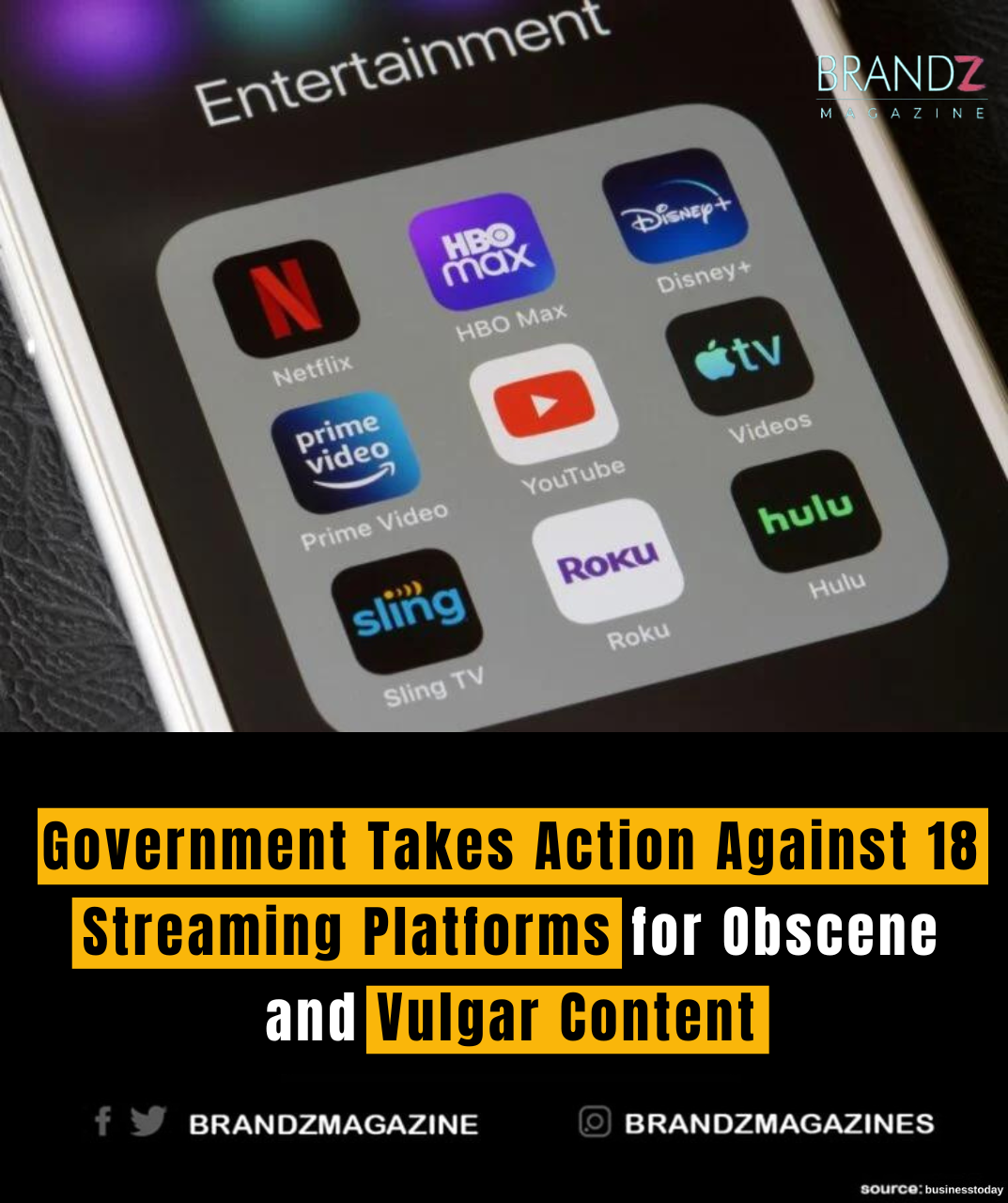
In recent times, there has been a significant surge in digital streaming platforms offering a wide array of content to viewers worldwide. While this expansion has provided audiences with unprecedented access to entertainment, it has also raised concerns about the quality and appropriateness of the content being distributed. One of the major issues that have come under scrutiny is the presence of obscene and vulgar content on these platforms, prompting governments to take action to regulate and monitor such content.
In a recent development, the government has taken decisive action against 18 streaming platforms for hosting obscene and vulgar content. This move comes as part of a broader effort to ensure that digital content adheres to ethical and legal standards, especially concerning the portrayal of sensitive topics and explicit material.
The crackdown on these platforms highlights the growing concerns among authorities and the public regarding the impact of explicit content on viewers, particularly on younger audiences. The proliferation of smartphones and easy access to the internet has made it imperative to address these issues and establish guidelines for responsible content creation and distribution.
The government’s action sends a strong message to streaming platforms and content creators about the importance of self-regulation and adherence to established norms and guidelines. It also underscores the need for greater transparency and accountability in the digital entertainment industry, where content can reach millions of viewers with just a few clicks.
While freedom of expression is a fundamental right, it is essential to strike a balance between creative freedom and social responsibility. Content creators and platforms have a responsibility to ensure that their content does not promote harmful behaviors or perpetuate stereotypes that could negatively impact society.
Moreover, the government’s intervention serves as a reminder that digital platforms are not exempt from regulatory oversight and must comply with existing laws and regulations. This includes measures to prevent the dissemination of illegal or offensive content and to protect the well-being of viewers, especially minors.
The recent actions against streaming platforms also highlight the evolving nature of media consumption and the challenges posed by digital content regulation. With the rapid growth of online streaming services, traditional methods of content classification and censorship are being reevaluated to keep pace with technological advancements and changing audience preferences.
In addition to regulatory measures, there is a growing emphasis on promoting digital literacy and media literacy among users to help them make informed choices about the content they consume. This includes educating individuals about online safety, privacy concerns, and the potential impact of media content on their attitudes and behaviors.
Ultimately, the government’s actions against streaming platforms for obscene and vulgar content underscore the importance of responsible content creation, distribution, and consumption in the digital age. By fostering a culture of ethical and mindful content production, we can create a safer and more enriching digital environment for everyone.

